When Dundee student Donika Klenja was a teenager living in North Macedonia she had to go to hospital on two occasions after experiencing really painful stomach cramps.
It was so bad she would also be vomiting.
But she says doctors there just treated it as food poisoning and gave her painkillers.
It wasn’t until a few years later that she discovered why she had been so ill.
“In May 2019, when I was living in Bristol, I was struggling with extreme fatigue,” the 24-year-old explains.
“So I went to the GP and had a blood test.
“The results came back showing I might be allergic to gluten or it could be coeliac disease.
“So in order to confirm, I had an endoscopy.
“And the results came back positive for coeliac disease.”
Since then Donika, who is studying a PhD in cancer medicine at Dundee University, has had to adapt to a gluten-free diet which has proved to be challenging at times.
But she has also found there are some health benefits to being coeliac.
What is coeliac disease?
Coeliac disease is a condition where your immune system attacks your own tissues when you eat gluten.
This damages your gut (small intestine) so your body cannot properly take in nutrients.
Coeliac disease can cause a range of symptoms, including diarrhoea, abdominal pain and bloating.
It is caused by an adverse reaction to gluten.
Being diagnosed with coeliac disease
In 2019 Donika had not long moved to the UK from North Macedonia in Southeast Europe – where she is originally from.
And she was studying a Bachelor of Science degree in cellular and molecular medicine at Bristol University when she started struggling with extreme tiredness.
“I went to my GP and he sent me for a blood test,” she says.
“This picked up antibodies suggesting I had an anti-gluten immune system.
“However, the blood test alone wasn’t confirmation so I had to have an endoscopy.
“But I already suspected I had coeliac disease before I got the results.
“This is because one day I ate a lot of biscuits and I had some sort of acid reflux which made me breathless and I was really sick.
“From the endoscopy they took a biopsy which was sent to the pathology lab to be analysed.
“I then got a letter from the pathologist which confirmed what I suspected and I was diagnosed with coeliac disease.”
Donika’s reaction to the diagnosis
Fortunately Dundee student Donika already had some knowledge about coeliac disease as she had been learning about it during her studies.
“I had been studying it in my course so I knew about it,” she continues.
“It is an auto-immune disease but luckily, once you cut down on gluten, most of the time, you are good.
“Whereas with other diseases, you can’t do much about them other than take anti-inflammatory medication.
“So I thought, you know, it could have been worse.
“However the only thing that did upset me is that I would have to accept restrictions.”
Adapting to a gluten-free diet
While Donika knew coming to terms with the food restrictions on a gluten-free diet would be hard, she also felt fortunate to be living in the UK.
“I feel lucky that I am staying in the UK, compared to North Macedonia, because there is more awareness of coeliac disease here.
“And there is also more access to gluten-free products.
“I did some research on gluten-free food and changed my diet straight away.
“What also helps is having aisles in supermarkets which offer gluten-free products.
“I also became a member of Coeliac UK which provides great support and information.
“Having a medical background made the change easier.
“And I have been able to just get into the habit of checking products for ingredients to make sure they don’t have wheat in them.”
Gluten-free food prescription
Donika is also entitled to a gluten-free food prescription which is available in Scotland to anyone with a confirmed diagnosis of coeliac disease and registered with a GP practice.
She says this has helped too as gluten-free food can be expensive to buy.
“When I go to the pharmacy I can request a list of gluten-free products like bread, pizza bases, pasta, flour and crackers.
“I get a certain limited amount, which is enough for a month, free on prescription.
“The list of gluten-free food is published online by NHS Scotland – this has really helped.”
Eating healthier foods
While some of the food restrictions have been challenging, Donika said overall her diagnosis has made her eat healthier.
She says: “I would say I am eating healthier since being diagnosed with coeliac disease.
“If I wasn’t on a gluten-free diet I would be eating way more desserts.
“And sometimes instead of eating bread, I have rice cakes or potatoes which are healthier.
“I also have less weight fluctuations now.
“Also before if I ate gluten I would feel very fatigued. I don’t have this anymore since I changed my diet.”
More options for coeliacs in cafes and restaurants
However, one thing Donika, who has lived in Dundee for the past three years, still finds difficult is going to eat out in cafes or restaurants with family.
“When I go out to a restaurant with my family for a meal, they have to go somewhere where there are gluten-free options,” she explains.
“They are restricted to where they can go with me and this is heart-breaking.
“This is especially so with my fiance Adrian because sometimes there is something he likes to eat and we can’t go because there are no food choices for me.
“I find this one of the hardest things.”
Family support
Donika is thankful to have the support of her family and her fiance Adrian Skudrinja, 29, who lives in Arizona, USA.
“I have a lot of support from my family and keep in touch with them regularly.
“I feel really appreciated.
“And while it can be difficult when it comes to eating out, I feel really lucky to be around such amazing people.”
Life-changing diagnosis
Donika says while there have been some challenges, her diagnosis has been transformative.
“Overall it has been life changing in a good way. I will always have limitations but there are positive sides to it as well like the health benefits.
“It’s also the fact that it’s not a serious autoimmune disease like others can be.
“So if you stick to a good diet you can live a very normal, happy life.”
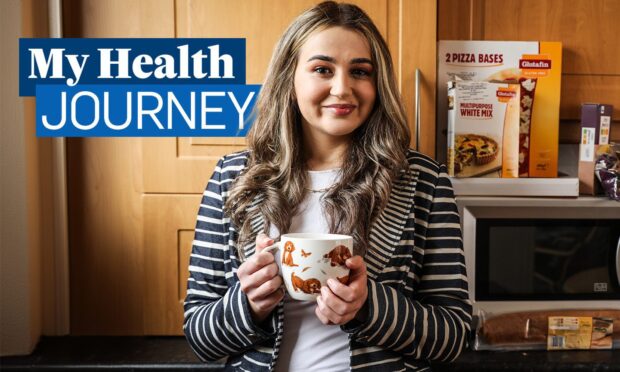
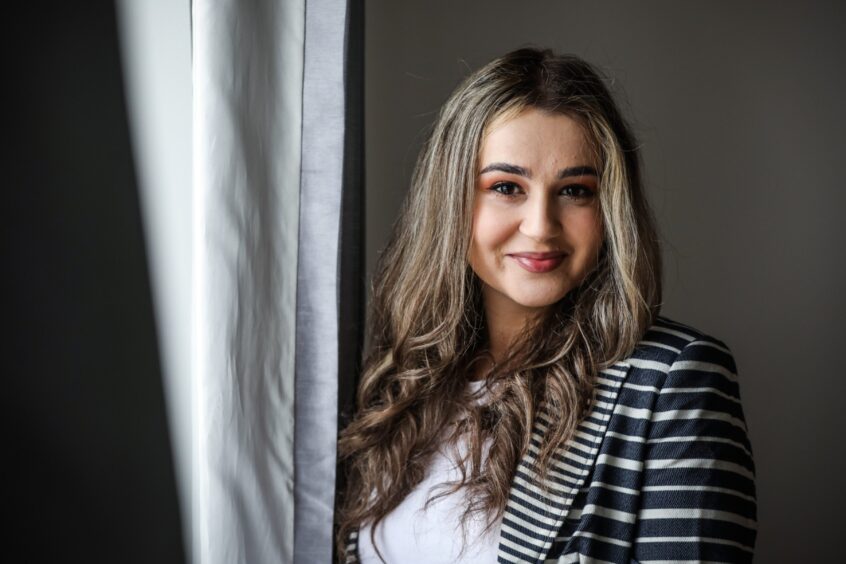
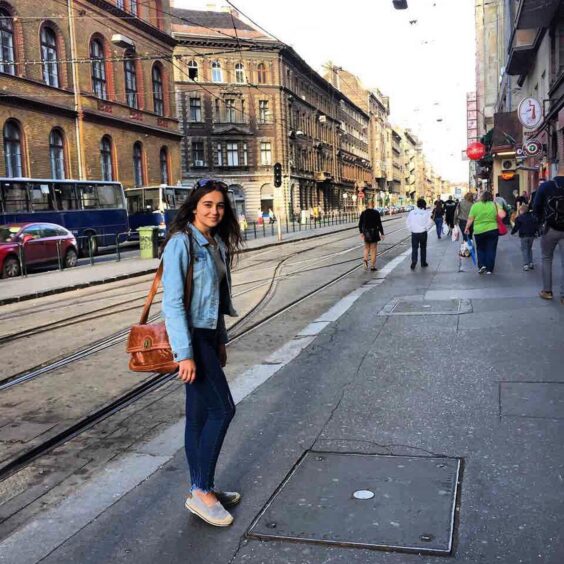

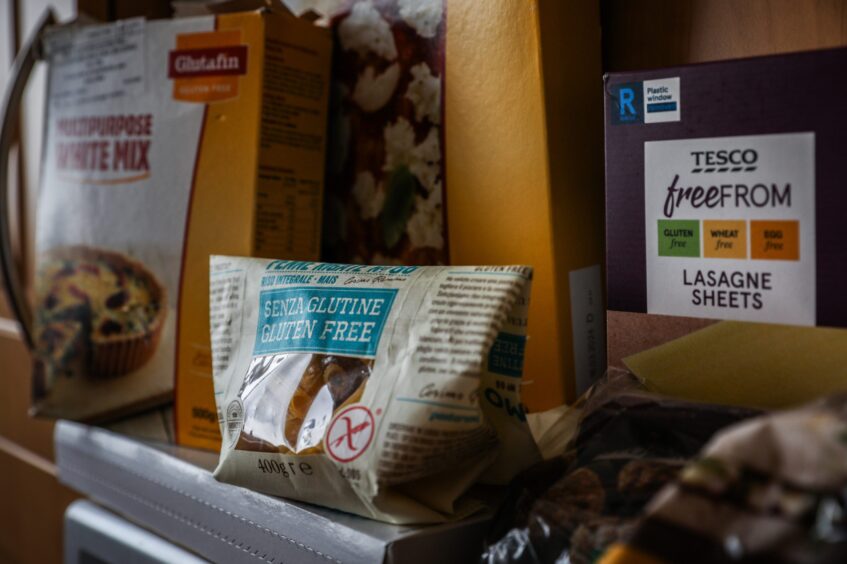
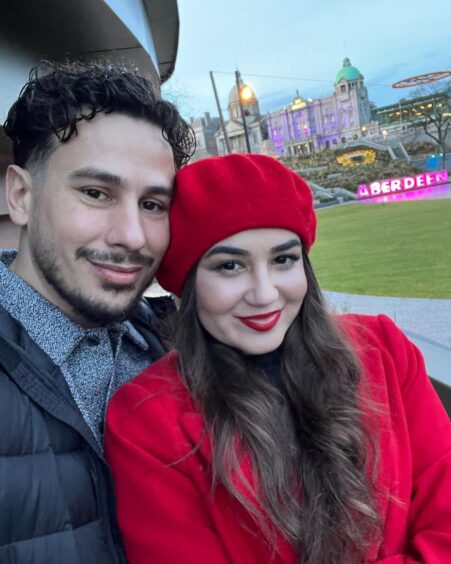
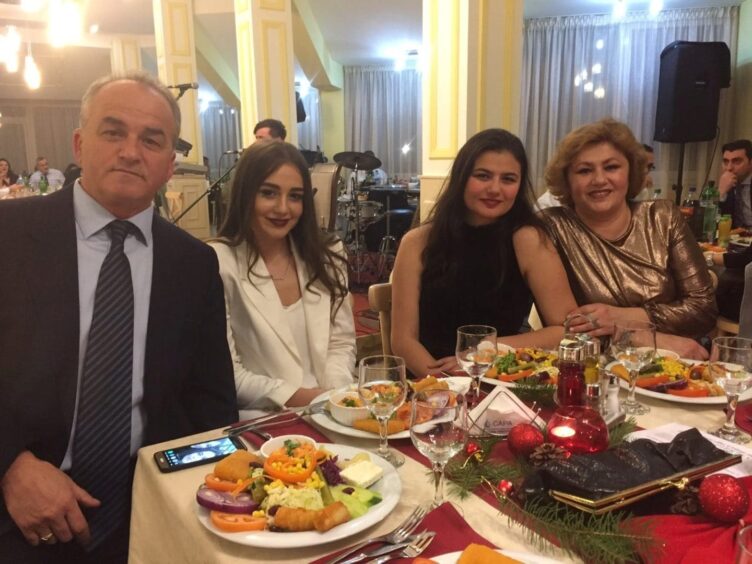
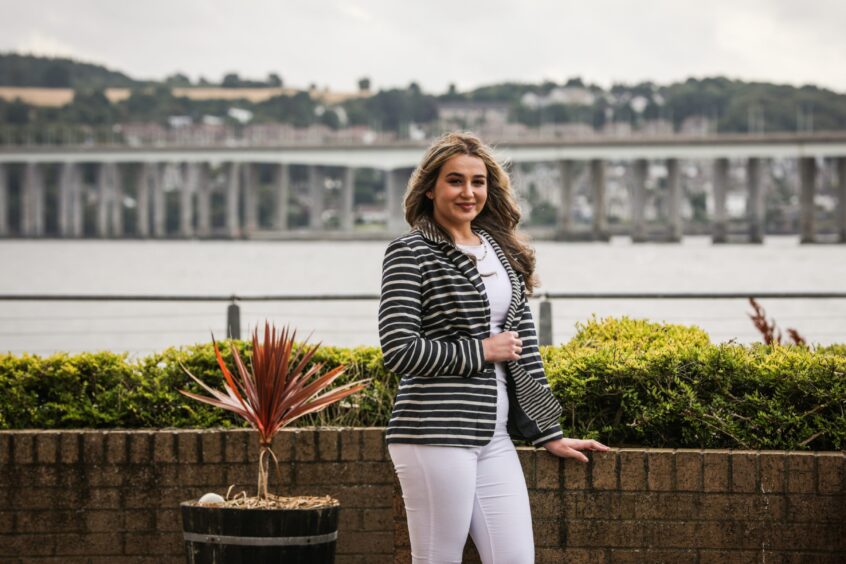
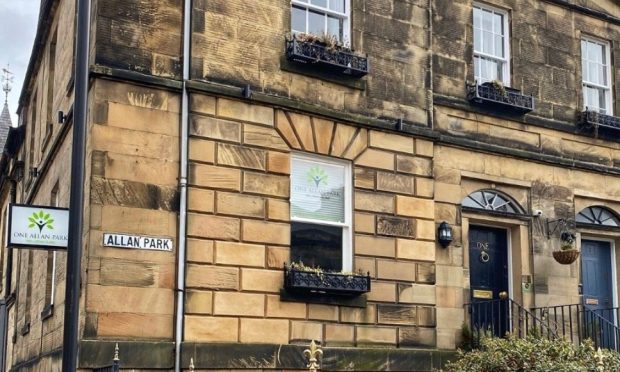


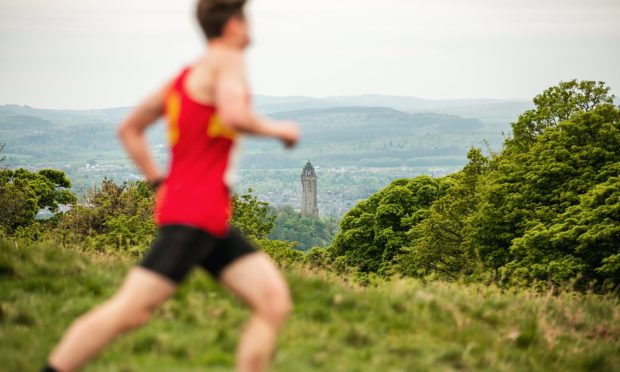
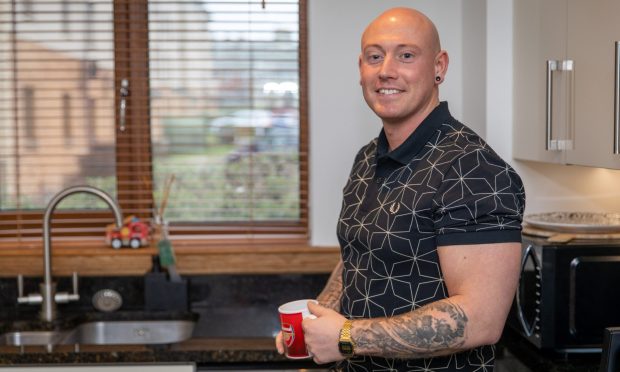
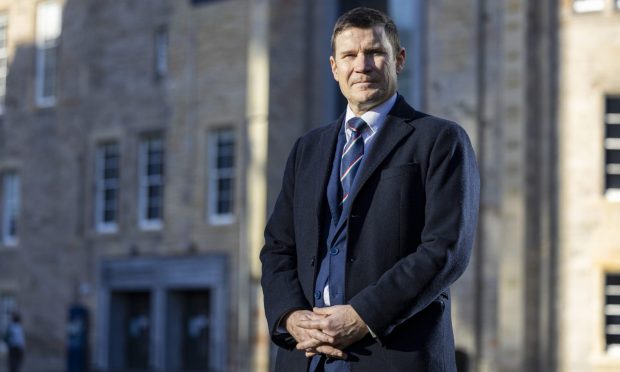
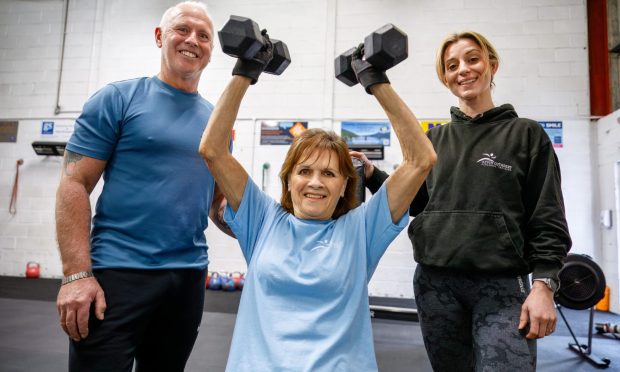
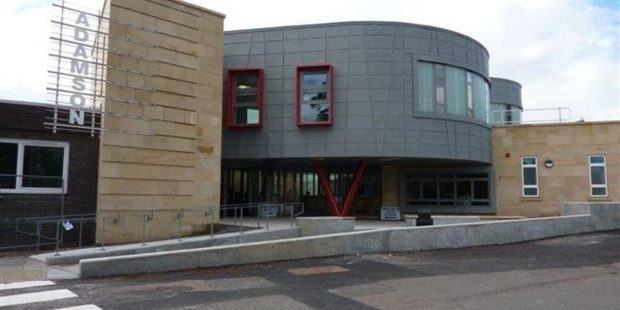
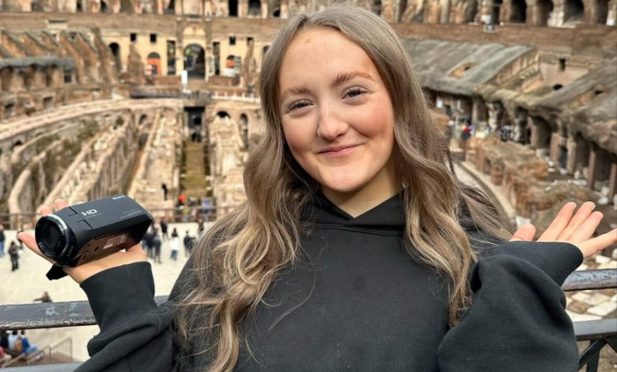
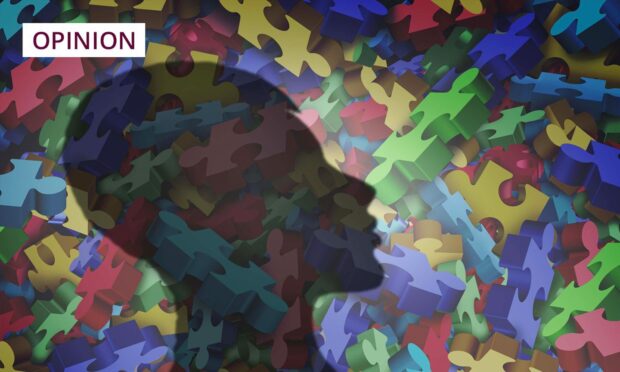
Conversation